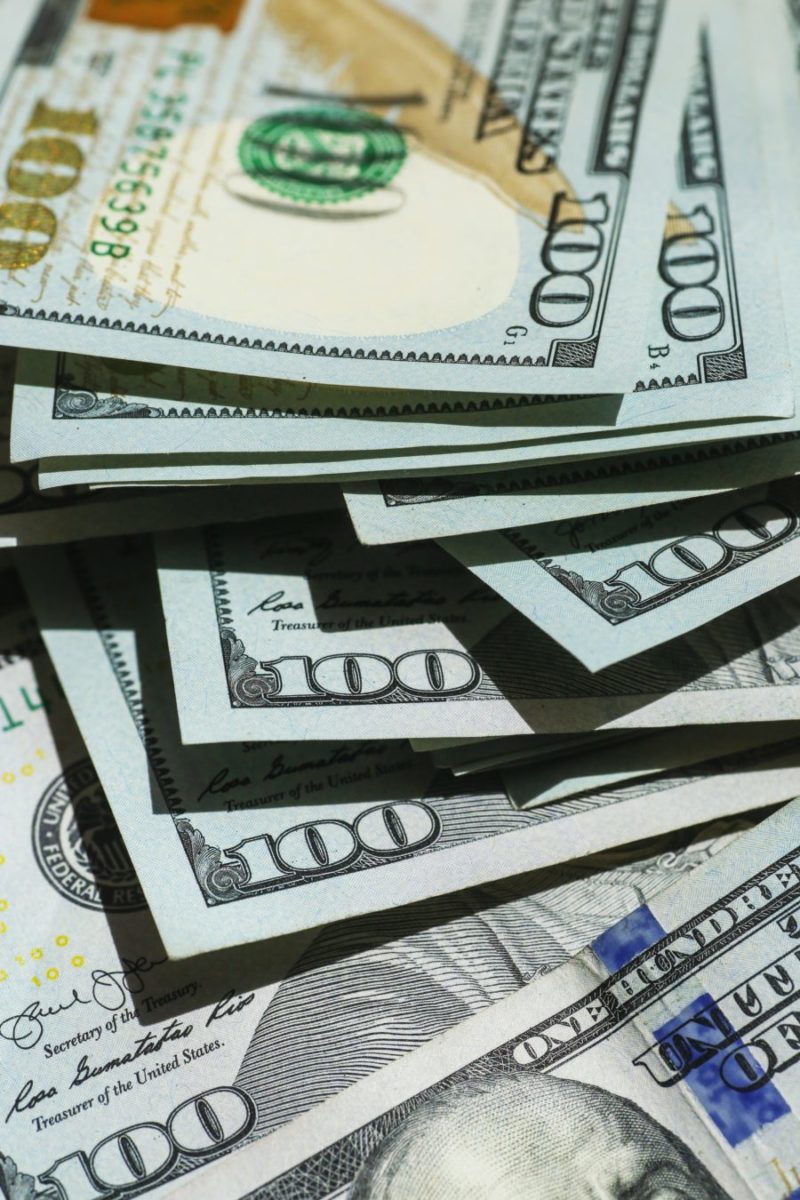As 20 million U.S. workers lost their jobs last year and most businesses shut down because of the pandemic, many of the nation’s CEOs saw their compensation rise despite massive corporate losses.
“Many of these CEOs have improved profitability by laying off workers,” Sen. Elizabeth Warren, D-Mass., told the New York Times. “A tiny handful of people who have shimmied all the way to the top of the greasy pole get all of the rewards, while everyone else gets left behind.”
CEO compensation rose to an average $15.3 million last year among 51 companies surveyed by the Institute for Policy Studies, up 29% from 2019 while median worker pay fell to $28,187, down 2% from the preceding year, data show.
CEOs long have been better paid than their employees. As recently as 1965, the ratio of CEO to worker salary was 20-to-1, but that ratio now has grown to an estimated 320-to-1. Between 1978 and 2013, executive compensation rose 937% — double the stock market increase during the same period – while the typical worker’s salary rose 10.2%, data from the Economic Policy Institute shows.
EPI found realized CEO compensation grew to $21.3 million in 2019, up 18% from 2018. Between 2009 and 2019, compensation grew 105.1%, while worker salary grew just 7.6%.
“Exorbitant CEO pay is a major contributor to rising inequality that we could safely do away with. CEOs are getting more because of their power to set pay — and because so much of their pay [about three-fourths] is stock-related, not because they are increasing productivity or possess specific, high-demand skills,” an EPI study released last year found.
“This escalation of CEO compensation, and of executive compensation more generally, has fueled the growth of top 1% and top 0.1% incomes, leaving less of the fruits of economic growth for ordinary workers and widening the gap between very high earners and the bottom 90%.”
At Chipotle, CEO Brian R. Niccol saw his compensation rise 136% to $38 million last year despite COVID-related losses. The median Chipotle worker makes $13,127, a ratio of 2,898-to-one. At Yum Brands, CEO David Gibbs received a $1.4 million bonus after saying he would donate $900,000 to give workers $1,000 bonuses. His total compensation came to $14.6 million, 1,286 times the average worker salary. And at Darden Restaurants, CEO Eugene I. Lee Jr. received a $1.9 million payout after giving up most of his base salary to make up for the company’s losses, boosting his total compensation to $8.6 million, compared to $16,137 – mostly from tips – for the typical worker.
The stock market plays a role in CEO compensation since much of it is granted in stock, loosening the tie between company performance and compensation. The Institute for Policy Studies found 16 companies that lost money last year had among the highest paid CEOs, averaging $17.5 million.
And the trend appears to have continued last year despite the massive losses brought on by the pandemic, CEOs of such major corporations as Boeing, Norwegian Cruise Line and Hilton saw their compensation soar.
“We’ve created this class of centimillionaires and billionaires who have not been good for this country,” Nell Minow, vice chair of ValueEdge Advisors, an investment consulting firm, told the Times. “They may build a wing on a museum. But it’s not infrastructure — it’s not the middle class.”
The institute’s’ 27th annual Executive Excess report finds corporate boards are going to great lengths to protect the paychecks of those in the corporate hierarchy.
“Over half of America’s largest low-wage employers, we found, bent the rules to boost CEO pay last year — even as essential workers took the biggest risks to keep the economy running,” the institute said.










